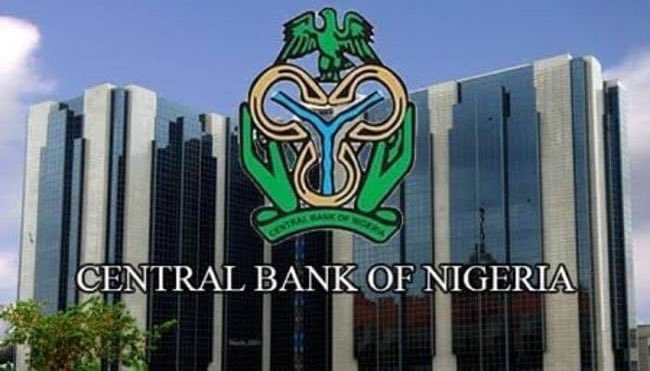In a recent development, the Central Bank of Nigeria (CBN) has issued a temporary ban on popular mobile money operators, which includes well-known fintech companies, from taking on new customers.
This directive has caused concern among some bank customers who have taken to social media to express their worries.
The affected fintech firms include OPay, Palmpay, Kuda Bank, and Moniepoint, all of which play significant roles in Nigeria’s financial technology sector.
Sources within these fintech companies, speaking anonymously to Punch, confirmed the directive, stating it is part of the CBN’s efforts to scrutinize the Know-Your-Customer (KYC) processes employed by these firms.
Recent audits have highlighted potential loopholes that could be exploited for illegal activities such as money laundering and terrorism financing.
This move comes after the heads of several fintech firms were summoned to Abuja for discussions on KYC-related issues, signaling heightened regulatory oversight in the sector.
The CBN aims to ensure that the operational standards of fintechs align with those of traditional banks and microfinance institutions, thus safeguarding Nigeria’s financial system.
The President of the Bank Customers Association of Nigeria has voiced support for the CBN’s decision, stressing the importance of strict regulatory compliance by all financial institutions.
“The strict regulations that govern deposit money banks must also apply to fintechs and microfinance banks to ensure the integrity of the financial institutions,” Ogubunka said.
He emphasized that regulations governing deposit money banks should also apply to fintechs and microfinance banks to maintain the integrity of the financial system.
While some individuals have welcomed the CBN’s move, citing the need for improved KYC processes to combat scams and fraudulent activities, others have expressed concerns about the safety of their funds held in these platforms.
In response to the directive, fintech companies have halted new account creation, awaiting further instructions from the CBN.
However, they argue that they have played crucial roles in promoting financial inclusion in Nigeria, facilitating millions of transactions for businesses across the country.
As the CBN works towards increasing financial inclusion to 95 per cent of the adult population by 2024, the temporary ban on new customer onboarding may pose challenges to achieving this target.
Customers are advised to stay informed about the situation and take necessary precautions regarding their finances.




